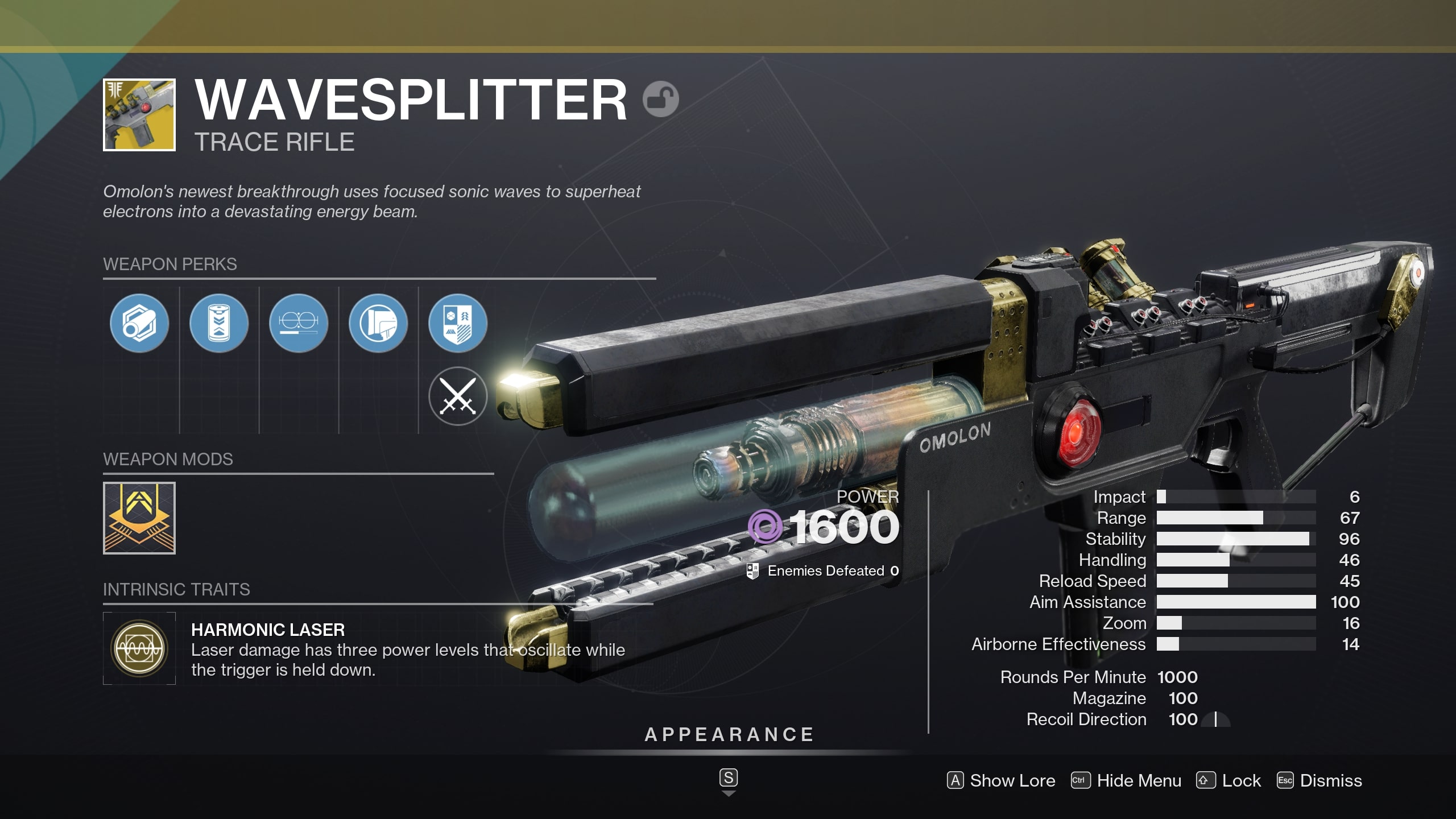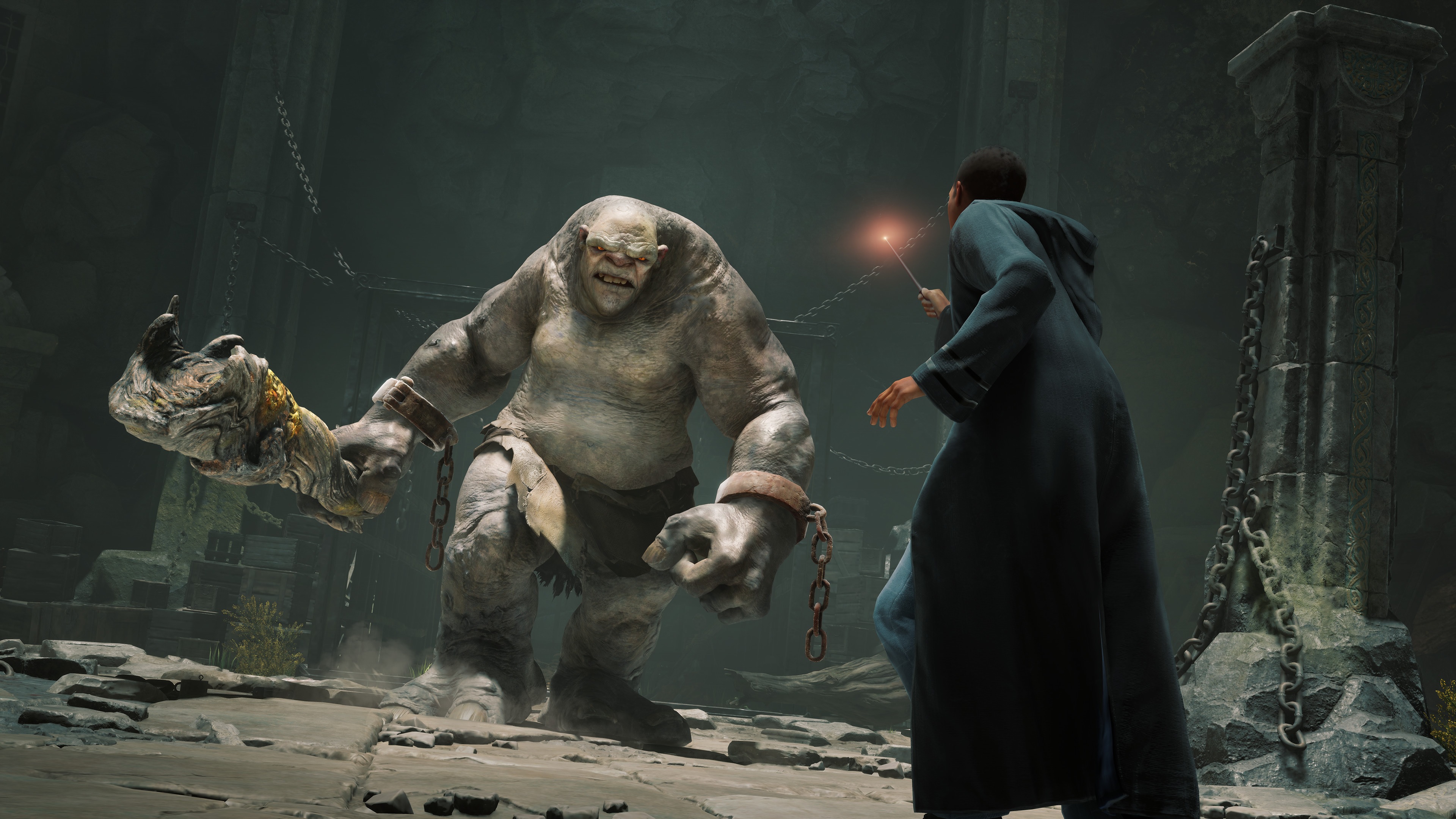The FTC argues that Xbox-exclusive content would be bad, ignoring that PlayStation has had it for years
An argument that simply doesn't hold up.

All the latest news, reviews, and guides for Windows and Xbox diehards.
You are now subscribed
Your newsletter sign-up was successful
What you need to know
- During the June 22 public hearing for the case of the Federal Trade Commission (FTC) vs. Microsoft, the FTC voiced concerns about in-game items being made exclusive to Xbox if Microsoft successfully acquired Activision Blizzard King.
- The FTC also pointed out that Microsoft could launch games earlier on Xbox with timed exclusivity.
- Microsoft's console gaming rival, Sony, has been signing deals for PlayStation exclusivity like this for years with games like Call of Duty, Hogwarts Legacy, Destiny, Control, and more.
- Sony and PlayStation lead the console gaming market. Microsoft and Xbox are in third place behind Sony and Nintendo.
During a public hearing on Thursday, June 22 for the case of the Federal Trade Commission (FTC) vs. Microsoft over the latter's proposed $69b acquisition of Activision Blizzard King, the FTC voiced its concern that Microsoft might make certain in-game items exclusive to players on its Xbox consoles.
"This is also about what's called partial foreclosure ... if there's a tool or a thing you can buy, maybe you can only buy it if the game is on Xbox, and you can't buy the same thing if you're playing on Sony [PlayStation]. That's partial foreclosure," said a lawyer representing the FTC. "Or maybe gamers want to play a game right away, so it's available first on Xbox, and maybe it only comes to PlayStation or a rival cloud service a year later."
Essentially, what the FTC is asserting here is that in addition to potentially making some Activision games exclusive to Xbox, Microsoft may also opt to make pieces of content within multiplatform games unavailable on PlayStation and other platforms. On its own, it's a reasonable point for the antitrust regulator to make. But when you consider the actions of PlayStation publisher Sony in recent years, the ridiculousness of the argument becomes clear.
It's well-known that Sony often signs exclusivity deals that limit the types of content that players on other systems can access. In 2020's Call of Duty: Black Ops Cold War, a new fast-paced variant of the franchise's beloved Zombies wave defense mode called Onslaught was exclusive to PlayStation for an entire year. 2021's Call of Duty: Vanguard and 2022's Call of Duty: Modern Warfare 2 also have a wide variety of PlayStation-only skins for Operator characters and weapons, as well as exclusive drops of in-game items like weapon blueprints and emblems for PlayStation Plus subscribers. Other benefits include two more loadout slots, monthly double XP events, 25% weapon XP progress while in a party, and five extra Battle Pass tier skips from bundle purchases.
Another major title with PlayStation exclusive content is the Harry Potter-themed RPG Hogwarts Legacy. The quest "Mind Your Own Business" is only available to players on Sony's console until February 10, 2024, and includes a special dungeon along with a store where players can sell items for 10% more money. Preordering the game on PlayStation is also the only source of the Felix Felicis Potion recipe that marks the location of large loot caches on the player's map. Additionally, PlayStation players have exclusive access to the Shopkeeper's Cosmetic Set items.
Though they're not exclusive anymore since Bungie went independent, there were several pieces of PlayStation-only content in the original Destiny and Destiny 2 as well. In both games, several Strike missions, maps, pieces of armor, and weapons — including the Hawkmoon, Monte Carlo, and Wavesplitter Exotics — were either temporarily or permanently unavailable on the Xbox and PC versions of the game.
Notably, all of this is only the tip of the iceberg. I could go on and on with further examples, such as the timed PS4 exclusive DLC in Remedy Entertainment's Control, but you get the point. Sony has been doing this for years now from its position as the leader in the console gaming market, strengthening the PlayStation ecosystem and bringing value to its customers. Why shouldn't Microsoft, in a distant third place, be allowed to do the same?
All the latest news, reviews, and guides for Windows and Xbox diehards.
This isn't to say that there aren't valid points to make against Microsoft's merger, because there certainly are. But of all the arguments to make, this is one of the weakest there is considering Sony's position in the industry. Exclusive Activision content on Xbox or Game Pass availability wouldn't harm competition; on the contrary, it would give Microsoft an answer to Sony's aggressive exclusivity deals, driving competition — something that regulators like the FTC are supposed to foster.

Brendan Lowry is a Windows Central writer and Oakland University graduate with a burning passion for video games, of which he's been an avid fan since childhood. He's been writing for Team WC since the summer of 2017, and you'll find him doing news, editorials, reviews, and general coverage on everything gaming, Xbox, and Windows PC. His favorite game of all time is probably NieR: Automata, though Elden Ring, Fallout: New Vegas, and Team Fortress 2 are in the running, too. When he's not writing or gaming, there's a good chance he's either watching an interesting new movie or TV show or actually going outside for once. Follow him on X (Twitter).


